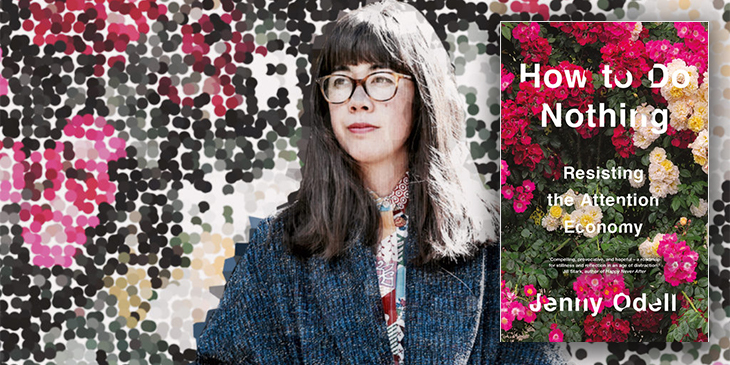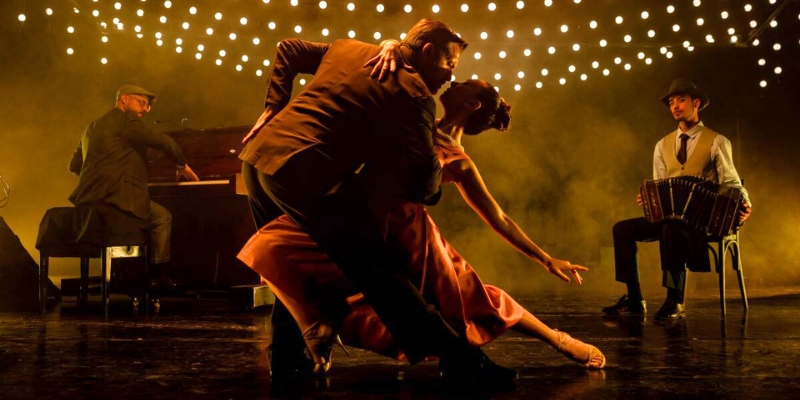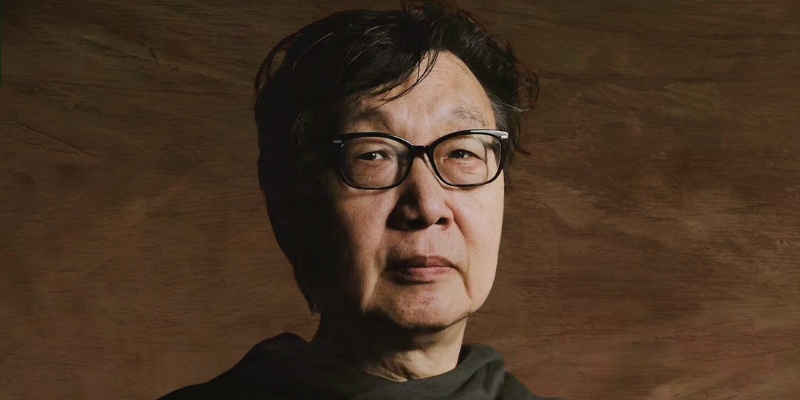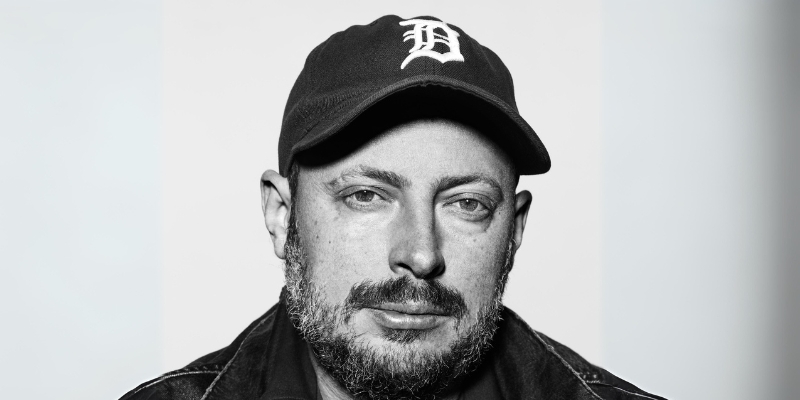We are in an age of distraction. We are inundated with distractions all the time. Is there anything harder these days than to do nothing? And what would that mean if we did do nothing? Are there ways to reclaim our own attention and redefine what we think of as productivity and reconnect with the people and places that surround us? Jenny Odell says, to this last question, “Yes.” Town Hall and University of Washington Communication Leadership Program present Jenny Odell with Austin Jenkins on Town Hall’s stage on November 1 to discuss her new book, How to Do Nothing: Resisting the Attention Economy. Tickets are only $5 (and free for anyone under the age of 22).
Odell recently sat down with Town Hall’s Jonathan Shipley to discuss her book, social media, and the weird miracle that is life.
JS: Tell me a bit about yourself.
JO: I grew up in the Bay Area and am currently an Oakland-based artist and writer. Although most of my visual art involves some kind of digital element, it’s usually in the service of getting viewers to be more aware of their physical surroundings (I’ve also been teaching digital art at Stanford for the last five years). I’ve exhibited locally and internationally, and been an artist in residence at Recology SF (otherwise known as the dump), the Internet Archive, and the San Francisco Planning Department. In the last few years, I’ve been writing more, including for the New York Times and Sierra Magazine. But for me, my art and writing are both focused on the same thing: finding new patterns of attention that highlight surprising things about the everyday.
JS: I had a hard time putting my phone down to pick up your book and actually start reading (even though what I wanted to do was read your book). That’s a problem, isn’t it?
JO: Yes, it is! But, at least for me, I find certain books quite absorbing. Once I start them, I actually have the same problem (can’t put them down to do something else that I need to do). I think it’s helpful to know what kinds of things absorb you in a way that feels less destructive or pointless than social media, and either keep those things close at hand or be sure to spend time in those kinds of spaces. For that reason, I keep books everywhere.
JS: What do you mean by, what is your definition of, “doing nothing”?
JO: By “doing nothing” I pretty much mean anything that’s not obviously goal-directed. One example is the difference between walking somewhere (taking the most efficient route) and going for a walk. If you’re going for a walk, then simply by walking, you’ve already achieved your “goal.” The types of non-directed activity that someone really enjoys will vary from person to person, but for me it’s usually things like birdwatching or wandering in a library. I’ve talked to people with similar feelings about gardening, fixing things, or taking care of someone. These are all activities that it would be sort of absurd to imagine “optimizing.” Just doing them is the point.
JS: What are the benefits of doing nothing?
JO: I’m almost reluctant to answer this question because in our optimization-obsessed culture, we always want to know what the “results” are of our time spent doing something, and whether it’s worth it, in the sense that time is money. Truthfully, one of the benefits of doing nothing is that it allows you to step outside of constant cost-benefit analysis, and maybe allows you to see your life less as a product to be improved and streamlined, and more as the weird miracle that it is.
JS: What are the detriments of falling into the attention traps (social media, etc)?
JO: On a practical level, I think most people find themselves distracted more often than they’d like to be, which means that deep down they might rather be doing something else. More broadly, I think that social media engenders a kind of endless urgent present that makes it hard for us to access even recent historical context that could be very helpful in the moment. If you’re caught in a loop of fear, anxiety, and reaction, it makes it more difficult to get some perspective, do focused research, and also just recuperate in the way that’s necessary for sustained activism.
JS: When did that become an issue for you? How did you combat it (more than just writing this book?)
JO: I became especially aware of the attention economy in late 2016, after the presidential election and the catastrophic Ghost Ship Fire here in Oakland. Many of my friends are artists and writers, and I noticed a general feeling of paralysis, but also guilt in not keeping pace with the outpouring of rage on social media. In that moment, the importance of time and space for reflection, the right not always to express oneself, and the usefulness of conversations in smaller more intentional contexts, became clearer to me.
JS: How has your life changed (positively/negatively) from getting out of those traps (or at least being aware of them)?
JO: I feel I have slightly more agency when faced with something like social media, or the types of communication it encourages. The value system of social media can feel very real when you’re in it, but when you walk away, you may realize you have more choices (about how and whether to participate) than seemed apparent. That said, I’m also more aware of how much my experience being able to occasionally step away comes from the privilege to do so. One of the reasons I’m interested in noncommercial, decentralized social media is because online social networks in and of themselves can be really useful. Journalists, for example, have an obligation to be connected to what’s going on. I’ve also had conversations with disabled folks about how important the internet and social media have been for accessing information and staying connected to others.
JS: What are three simple things someone can do today to ‘do nothing’?
JO: First, try paying attention to something new, especially in a place you think you’re familiar with. Historical walking tours are great for this; see also Rob Walker’s The Art of Noticing. This is key for moving from a knee-jerk reaction, analytical mindset to a temporary state of openness and surprise. You may realize there’s more to see than you thought.
Second, pay attention to attention. For example, I like to watch peoples’ facial expressions as they’re looking at their phones on the subway. I also spend a lot of time with my neighborhood crows, looking at whatever they’re looking at (I’ve discovered that they have a deep grudge against a specific local cat). It’s really fun spending time with young children and just seeing how they see the world, because they make so few assumptions. All of these are fascinating in and of themselves, but they also make it easier to watch your own attention and how it moves to different things; this awareness can make you less susceptible to habit.
Third, just remember that your life is finite, and that everything in the world has a lifespan. Advertising and the attention economy encourage a type of impatience and acquisitiveness, as if every experience could be gained with one click on Amazon. But simply thinking about our birth and eventual death is a reminder that life is, as Hannah Arendt called it, “a gift from nowhere.”

If you want to do something about doing nothing come to Town Hall on November 1 and hear more from Odell. You can get your tickets here.


